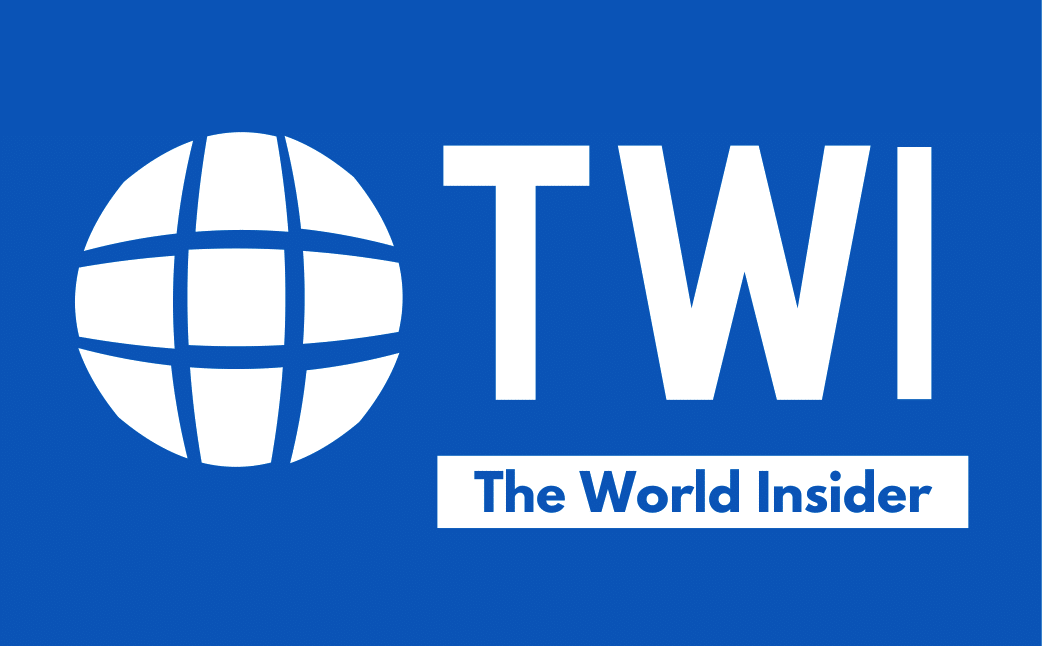Biden accepts invitation to visit Japan later this year
U.S. President Joe Biden held a virtual meeting with Japanese Prime Minister Kishida Fumio and discussed the shared vision of a free and open Indo-Pacific region, fresh concerns about North Korea’s nuclear program and Ukraine crisis. They also affirmed the importance of a strong security relationship between Japan, the United States, and South Korea.
President Biden commended Japanese prime minister’s “strong commitment to the U.S.-Japan Alliance, and his determination to fundamentally strengthen Japan’s defense capabilities to reinforce deterrence against common threats.” Biden also welcomed Japanese prime minister’s decision to increase spending on defense.
Biden also accepted an invitation to visit Japan in the late spring to attend the next Quad leaders meeting. It would be Biden’s first visit as president to Asia where Biden hopes to renew the focus.
Treaty on the Non-Proliferation of Nuclear Weapons
Ahead of the meeting, Washington and Tokyo issued a joint statement calling on all parties to the Treaty on the Non-Proliferation of Nuclear Weapons (NPT) to help achieve “a meaningful outcome” at their next review conference.
The two leaders welcomed the U.S.-Japan Joint Statement on the Treaty on the Nonproliferation of Nuclear Weapons and affirmed the importance of strengthening cybersecurity, as a critical enabler of alliance cooperation.
North Korea
U.S. and Japan condemned the recent ballistic missile launches by North Korea. “Both leaders committed to maintain close coordination on DPRK issues” in lockstep with the Republic of Korea (ROK) toward the complete denuclearization of the Korean Peninsula.
Ukraine crisis
The two leaders “committed to work closely together to deter Russian aggression against Ukraine.” The prime minister of Japan vowed to continue close coordination with the United States, other allies and partners, and the international community on taking strong action in response to any attack.
Indo-Pacific and China concerns
They also discussed to advance the shared vision of a free and open Indo-Pacific region. “The two leaders resolved to push back against the People’s Republic of China’s attempts to change the status quo in the East China Sea and South China Sea, underscored the importance of peace and stability across the Taiwan Strait and the peaceful resolution of cross-Strait issues and they shared concern about PRC practices in Xinjiang and Hong Kong” according to the White House readout.
Biden reaffirmed the US commitment to abiding by the 1960 Japan-US security treaty and affirmed United States’ unwavering commitment to the defense of Japan, using its full range of capabilities. The treaty covers the Japanese-controlled disputed islands of Senkaku, which China refers to as Diaoyu.
ASEAN and Quad
Biden and Kishida reaffirmed their support for ASEAN centrality and resolved to strengthen our cooperation in Southeast Asia. During the meeting, they also highlighted the importance of the Quad – Australia, Japan, India, and the United States – “as a critical forum for promoting a free and open Indo-Pacific region.”
U.S.-Japan economic ties
The leaders of U.S. and Japan resolved to enhance economic ties. They announced a new ministerial-level Economic Policy Consultative Committee (the Economic “2+2”), to track and drive economic cooperation and to strengthen the rules-based economic order in the Indo-Pacific region and the world.




